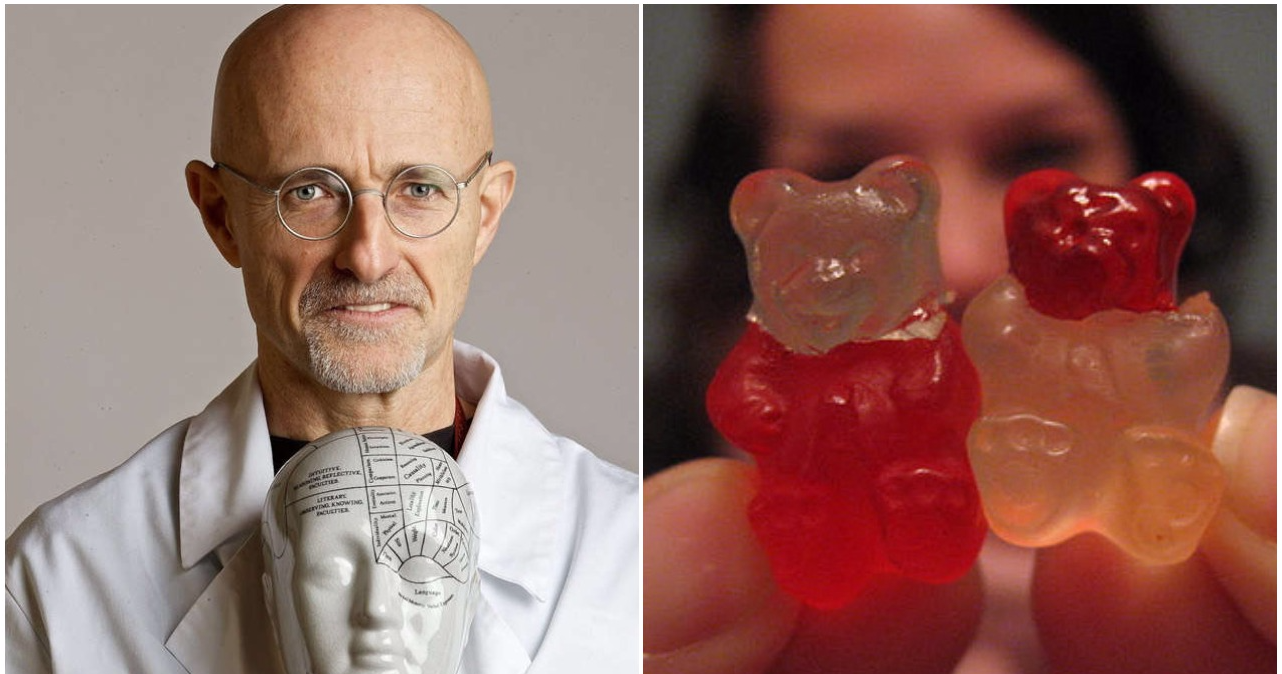It sounds a plot line from a bad science fiction movie, but the world's first head transplant could be a reality in just a few months, according to the project's lead doctor.
Organ transplants are so common today, it's easy to forget that they're a very recent invention. The world's very first heart transplant took place in 1967, but even before that doctors were researching whether a human head - and brain - could be moved onto a different body.
Transplanting a head isn't much different from transplanting any other organ: doctors have to make sure the body is a good match, and be careful that it doesn't reject the new head. They also need to keep a steady supply of blood pumping into the head to support the patient's brain.
The final step involves fusing the spinal cord together, so the patient can hopefully control their new body like any other healthy person. There were a number of grisly early experiments that paved the way for modern researchers.
One scientist from Soviet Russia, Vladimir Demikhov, was famous for his organ transplant research on dogs. He performed a number of head transplants with the animals, including one that survived for 29 days.
Now an Italian doctor is planning to make history by transplanting a live human head. But an unexpected twist has delayed his plans...
Dr. Sergio Canavero has been dubbed "Dr. Frankenstein" for his experiments and his interest in human head transplants.
He published a paper outlining his plan for a successful human head transplant in 2013, and since then he's been working tirelessly to make his dream a reality. As a proof of concept, Canavero has already performed the surgery on dozens of mice.
Along with modern techniques, Canavero uses a special "biological glue" to attach the transplant head to the new spinal cord. Mice treated with this technique learn to walk in their new bodies, but so far none have lived longer than a month. But that hasn't affected Canavero's optimism.
"At the moment, I can only disclose that there has been massive progress in medical experiments that would have seemed impossible even as recently as a few months ago," he says. "The milestones that have been reached will undoubtedly revolutionize medicine. That much I can already say."
But Canavero will have to find a volunteer for his first surgery. For years, Russian patient Vladimir Demikhov, 31, was signed up to be the first "head donor," but backed out when Canavero confessed that he might not be able to walk in his new body, or even survive the surgery.
What do you think of this idea? Has science gone too far? Share this story and tell us!





